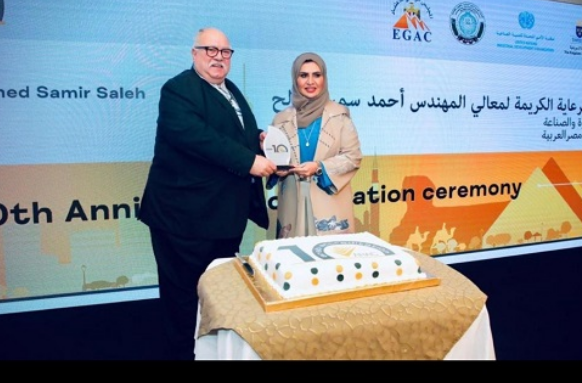
Growing acceptance of accreditation by regulatory bodies in UAE
United Arab Emirates (UAE) is considered one of the most progressive countries in the middle east region. UAE is leading in various fronts including scientific, educational, and economic fields in the region. The regulatory authorities and governmental conformity assessment bodies are widely adopting accreditation as a benchmark while establishing the highest levels of service standards. Various governmental conformity assessment bodies have achieved accreditation from Emirates Internal Accreditation Centre (EIAC) and other accreditation bodies to the ISO/IEC 17025, ISO/IEC 17020, ISO/IEC 17065, and ISO 15189 standards. It is worth mentioning that some of the major governmental organizations who conduct regulatory inspections have achieved ISO/IEC 17020 accreditation from EIAC such as:
EIAC accredited first Proficiency Testing (PT) provider
EIAC’s Accreditation scheme for Proficiency Testing (PT) Providers is fully functional.
The accreditation scheme was launched in 2020.
Global Proficiency Testing Company (GPTC), Dubai become the first company to receive EIAC’s accreditation according to the ISO/IEC 17043:2010 standard. GPTC’s scope of accreditation covers Water Chemistry for Sulphate, Chloride and pH Value, Water Microbiology for Legionella, TBC, Coliform, Fecal coliforms, E. Coli, Fecal Streptococci, Clostridium perfringens, Pseudomonas aeruginosa, and Construction Material (Water Proofing Membrane) for Tensile, Elongation and Thickness. The GPTC’s scope also covers Mass Calibration for Conventional Mass with Precision Weights (1 mg – 50 kg).
Ms. Amina Ahmed Mohammed EIAC CEO congratulated the management of GPTC. She said “the availability of accredited PT providers locally will enhance the prospects of conformity assessment bodies’ participation in PT programs as this would be time efficient and economical”.
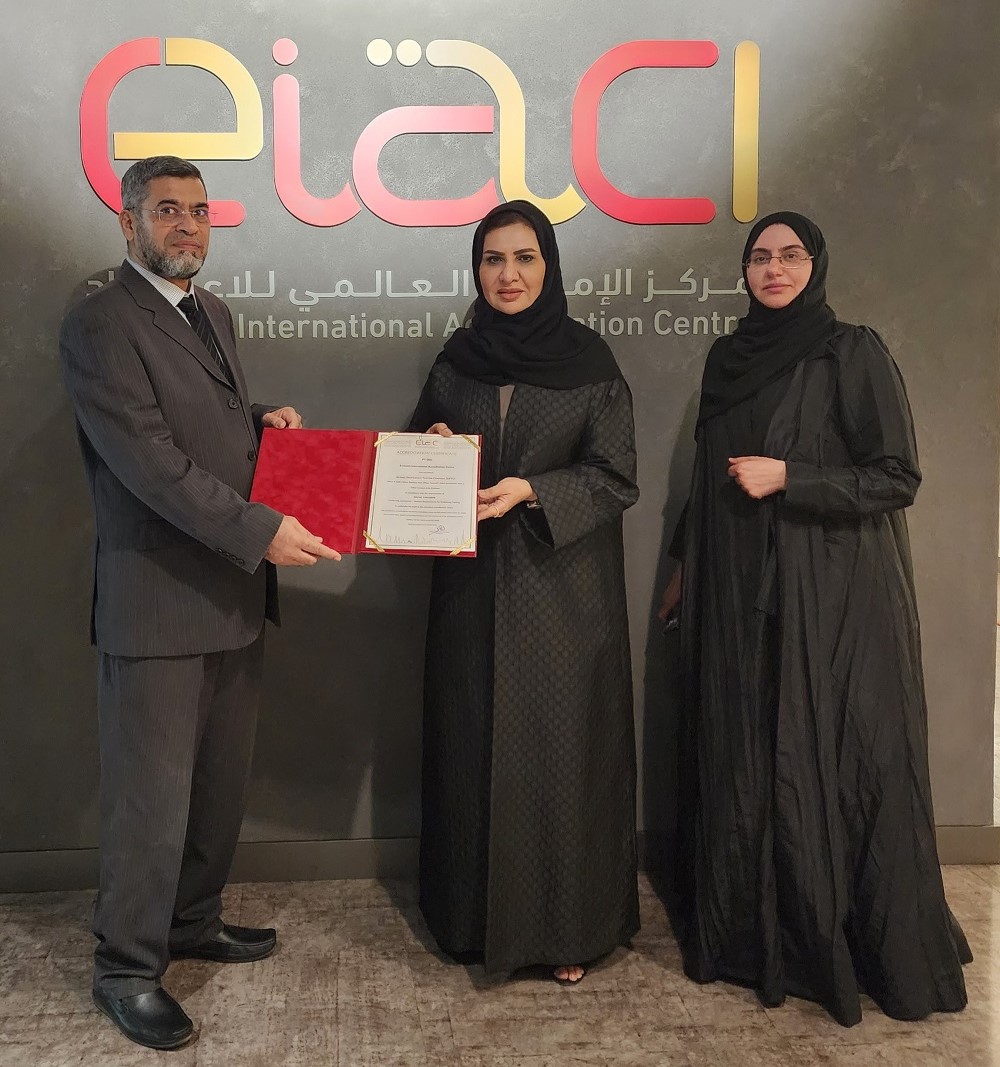
EIAC CEO Ms. Amina Ahmed Mohammed is handing over accreditation certificate to Mr. Zahid Mahmood Managing Director of Global Proficiency Testing Company (GPTC), Dubai
EIAC’s accreditation scheme for medical tourism launched
The Emirates International Accreditation Centre (EIAC) formally launched an accreditation scheme for medical tourism on 9 November 2022. The scheme was launched at the DXH Partner Connect 2022 event of the Health Tourism Department of the Dubai Health Authority (DHA). Engr. Alia Ismail Al Marzouqi Director of Healthcare Sector-EIAC and Mr. Mohammad Al Muhairi Director of Health Tourism Department-DHA were present at the event. Ms. Khawla Mohamed Al Zarooni Head of Calibration Laboratories Accreditation-EIAC presented the salient features of the scheme. During Question Hour, Dr. Qasim Al Shamsi head of Healthcare Sector-EIAC explained the various aspects of the accreditation scheme.
The accreditation criteria is defined in EIAC Accreditation Standard for Healthcare Providers (EIAC-RQ-HCO-003) Annex A. The EIAC’s accreditation standard is approved by the International Society for Quality in Health Care External Evaluation Association (ISQuaEEA).
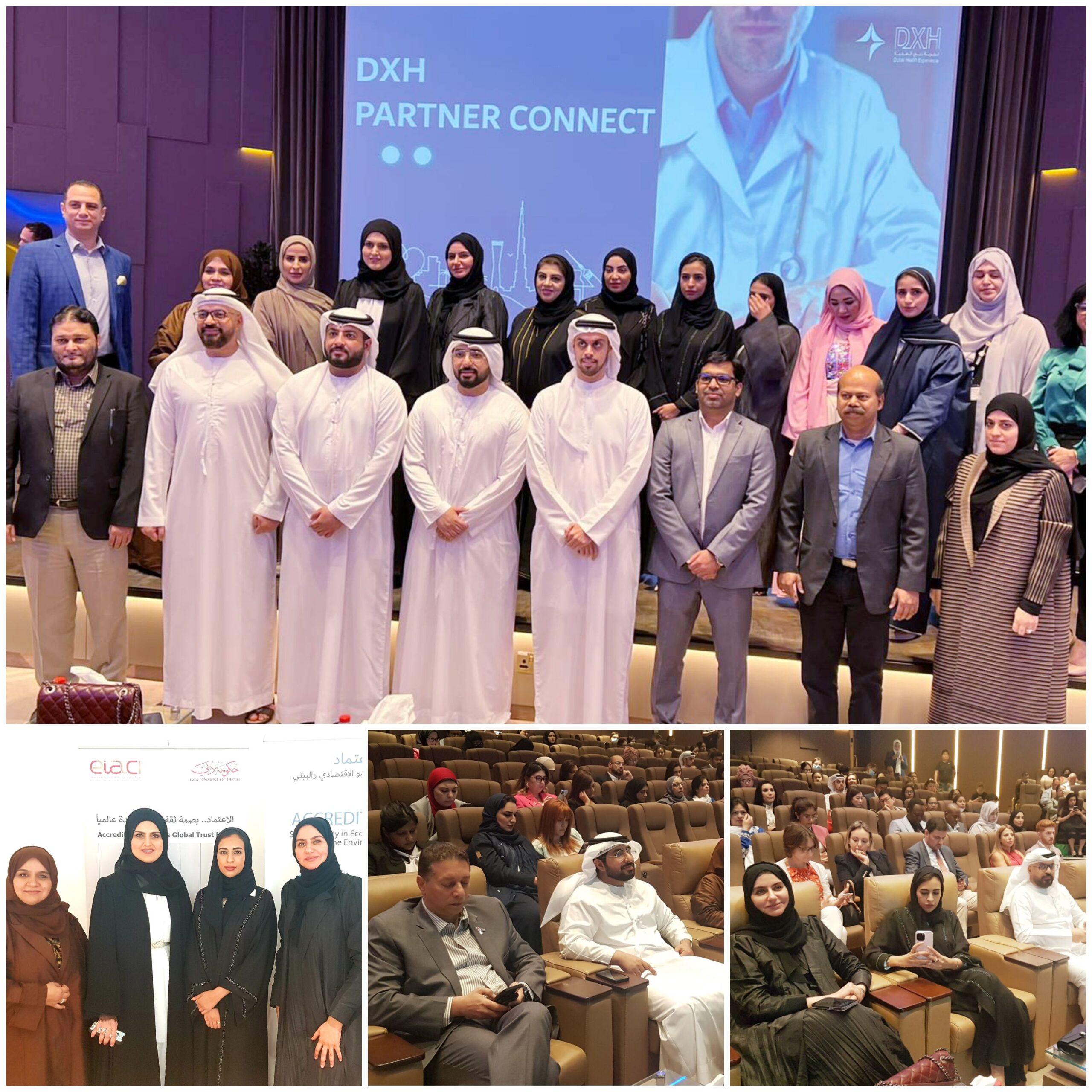
Launching ceremony of EIAC’s accreditation scheme for medical tourism
EIAC’s new accreditation scheme for certification bodies
The Emirates International Accreditation Centre (EIAC) has launched new accreditation schemes for management systems certification bodies according to ISO 17021-1 main accreditation criteria in the following areas:
The Emirates International Accreditation Centre (EIAC) has also launched a new accreditation scheme for persons certification bodies in collaboration with the Pest Control Section of Public Health Services Department of Dubai Municipality. The main accreditation criteria is ISO 17024 and the scheme is in the field of “Pest Control” for the following certifications:
EIAC attended the ARAC annual meetings & general assembly in Cairo, Egypt
The 10th annual meetings and general assembly of Arab Accreditation Cooperation (ARAC) were held from 4 – 8th December 2022 in Cairo, Egypt. A delegation from the Emirates International Accreditation Centre (EIAC) attended the annual meetings and general assembly. Ms. Amina Ahmed Mohammed CEO of EIAC who is the current chair of ARAC presided over the ARAC general assembly. Delegates from nineteen member countries and stakeholders attended the meetings. During the meetings the 10th founding anniversary of ARAC was also celebrated.
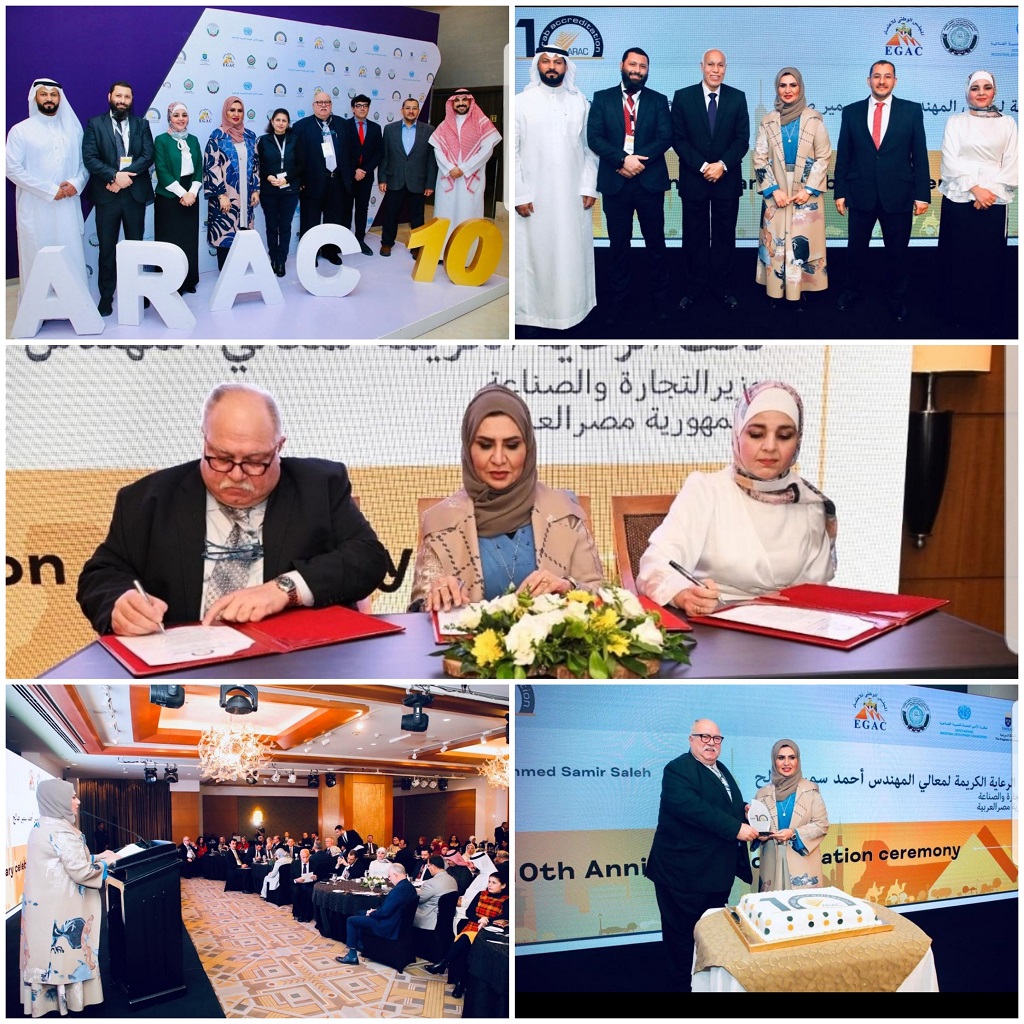
EIAC’s participation in ARAC general assembly
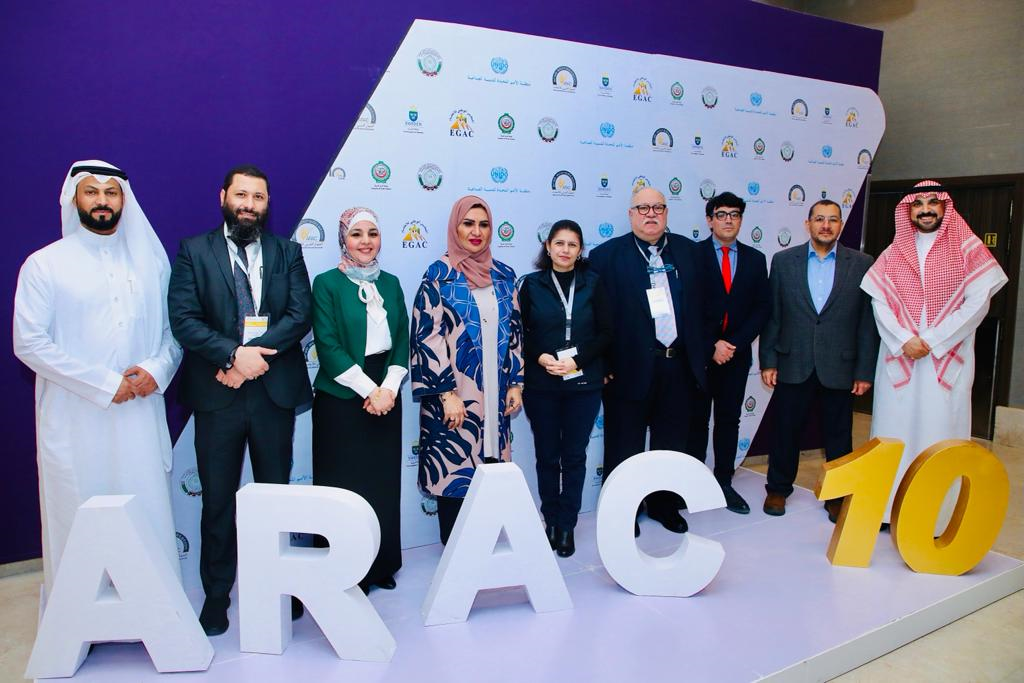
EIAC’s participation in ARAC general assembly
EIAC is conducting a series of trainings for the healthcare sector
The Emirates International Accreditation Centre (EIAC) is conducting a series of trainings for the healthcare sector. Four trainings are planned for assessors and laboratory staff on the ISO 15189:2022 standard and EIAC accreditation requirements.
The training facilitators are Ms. Sheila Woodcock and Mr. David Ricketts. Ms. Sheila Woodcock serves as the Convenor of ISO TC212 WG1 Quality and competence in the medical laboratory, one of the 5 Working Groups within the ISO TC212 Clinical laboratory testing and in vitro diagnostic test systems. She served as Project Leader for the revision of ISO 15189 that was published in December 2022. Mr. David Ricketts is a member of ISO TC212. He was part of the core drafting team for the revision of ISO 15189, as well as being involved in writing other laboratory standards including being the project lead for the lastest version of ISO 22870.
Two training sessions are planned for assessors for healthcare facilities including hospitals, day surgery centers, clinics, fertility centers, home health services, medical tourism and telehealth services. The training is focused on EIAC Accreditation Standard for Healthcare Providers (EIAC-RQ-HCO-003). The EIAC standard is approved by the International Society for Quality in Health Care External Evaluation Association (ISQuaEEA). Ms. Angeliki Katsapi, Dr. Alan Taylor and Dr. Bryan Woodward are the resource persons.
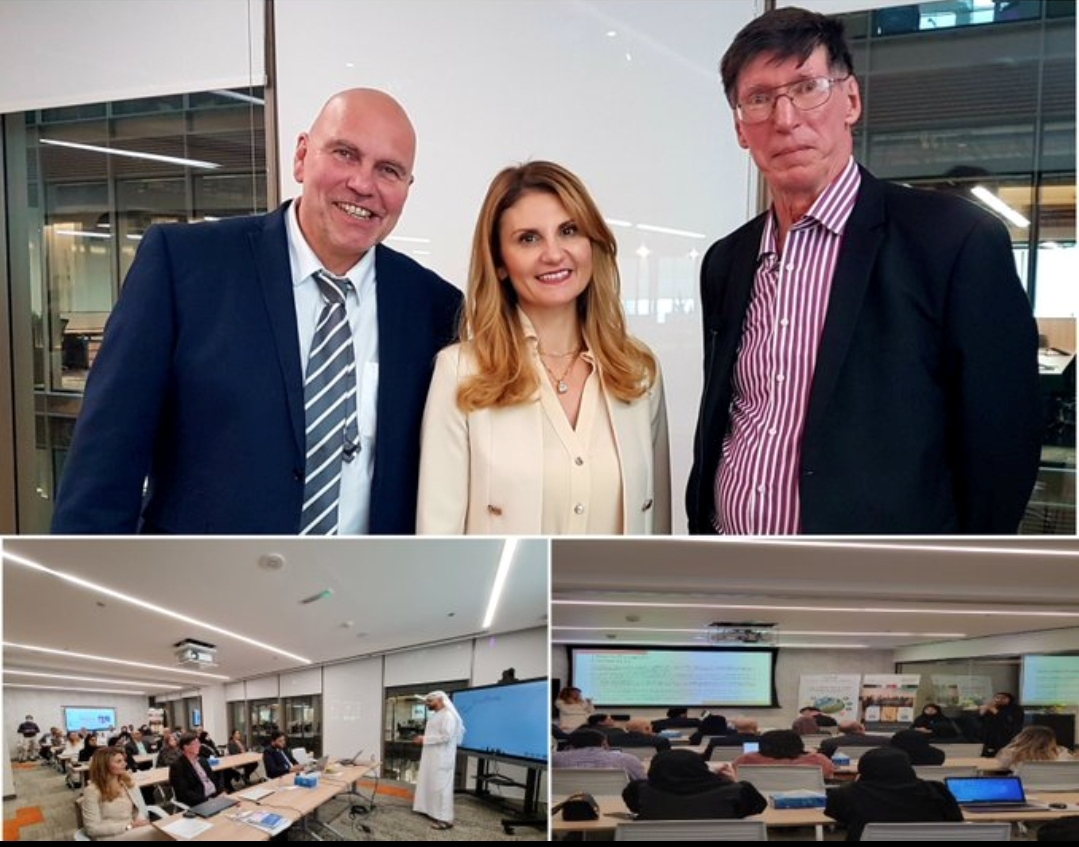
EIAC’s training for healthcare assessor and professionals
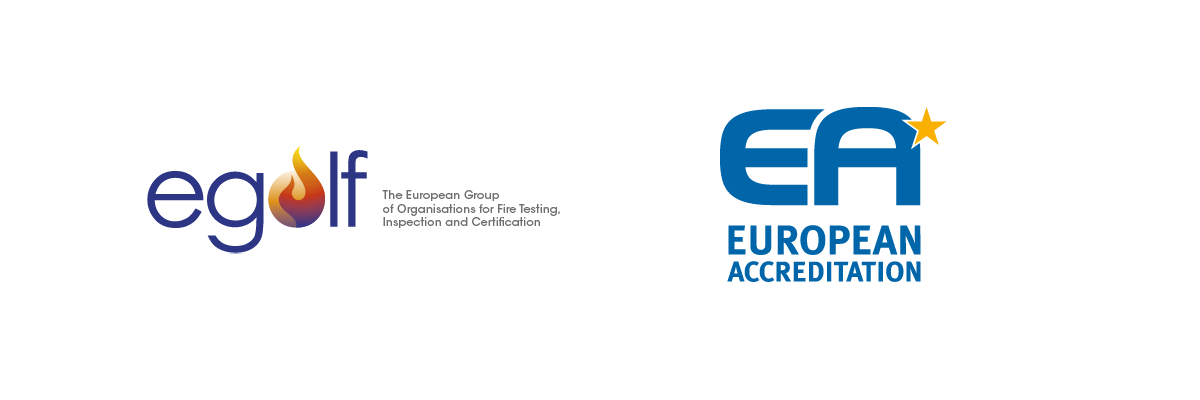
A fire laboratory assesses the performance of a product by testing according to a test method (notably the European test standard). Based on different measurements (e.g., temperature, radiating heat flux, etc.) but also from observations, the fire laboratory will provide the fire performance based on criteria and thresholds given in the test standard. The description of the product, the measured values, and the resulting fire performance are given by the laboratory in a fire test report.
Based on test reports, the fire laboratory issues a European classification report or national approval according to the rules specified in the classification standards.
Some National Accreditation Bodies agreed to accredit according to ExAp1 (extending the field of application) and classification standards2, however some didn’t.
ExAp application is not a test standard and is not a product standard. This was therefore discussed in relation to which is the most relevant accreditation standard covering the technical aspect of the ExAp standard. Many fire laboratories accredited according to EN ISO/IEC 17025 are also accredited as certification bodies according to EN ISO/IEC 17065. However, there are fire laboratories accredited to only EN ISO/IEC 17025 and Notified Bodies accredited only to EN ISO/IEC 17065.
EGOLF (the European Group of Organisations for Fire Testing, Inspection, and Certification) decided to support accreditation to EN ISO/IEC 17025 but asked for a common approach. As part of its harmonization mission, the EA Laboratory Committee (EA LC) established a new Task Force Group to clarify the situation.
The EA LC agreed that each laboratory can apply to be accredited by its National Accreditation Body for both Fire Classification & ExAp standards using ISO/IEC 17025 requirements on Opinions & Interpretations.
This represents a step towards harmonization (even if a NAB may decide not to develop such an activity).
EGOLF welcomed this approach as an excellent starting point since some laboratories did not previously have the possibility of accreditation for Fire classification and ExAps.
Thanks to the EA LC TFG, the way for laboratories to apply for accreditation to EN ISO/IEC 17025 and to perform assessments is now understandable and simplified.
1 In the fire testing field, you cannot test any size or characteristics of a certain product. The DiAp (Direct Field of application) given in each European test standard allows application scope directly from the fire test. The DiAp depends on the product properties and/or intended end-use applications (e.g., the size of the door leaf).
It is assumed that the same test results will be obtained if we test the item with minor differences in shape, dimension, etc.
ExAp means Extended field of Application. ExAp rules are also specified in the European standard called the ExAp standard. ExAP allows a larger application domain than DiAp.
This larger domain is accepted based on additional information. This information may come from additional tests, additional measurements during the test, and specific calculations. Those are defined in the ExAp standard (the application of these rules requires knowledge of tests standards and interrelation of the ExAp standards).
2 The classification standards define the criteria and threshold for defining the performance classification of the fire product. The input for the Fire Classification report is the test reports (including the DiAp) and ExAp reports. The existing classes are defined at the European level allowing the circulation of products. The level of performance required for a building is defined by Member states.
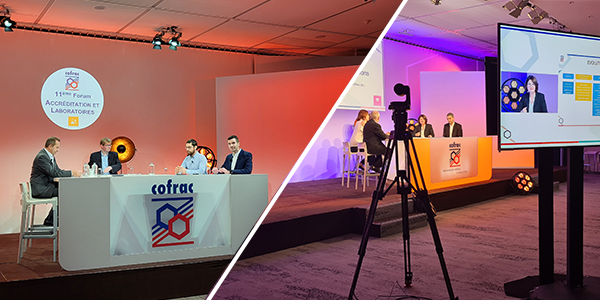
Forums in the form of a TV set for bodies accredited by Laboratories and Healthcare divisions
Cofrac organized two forums in the form of a TV set in less than two months. The first one, in November 2022 for the Healthcare division and the second in January 2023, for the Laboratories division.
The Healthcare division forum
After the first event organized and held face-to-face in 2018, the long awaited – since 2020 – second Healthcare forum was completely redesigned and took place in the form of a TV set, filmed and broadcast live from Paris in November 2022. The topic for this edition was “Accreditation in Healthcare: the evolutions” and was dedicated to the professionals concerned (medical biologists, ACP doctors, management, technicians, bio-medical engineers, risk managers, quality managers, …).
The programme for this half-day event included:
The event was punctuated by a live survey to collect participants’ knowledge on the upcoming version of ISO 15189 standard, a presentation of the results of a study on accreditation and medical biology laboratories led by a specialised agency and the video from the Deputy General Director of Health.
531 people were connected during the live broadcast. 78 persons answered the feedback form, with 99.9% indicating they were satisfied or very satisfied with this program and new meeting platform. Since the live broadcast, this event has been viewed more than 863 times via the replay option.
The Laboratories division forum
As with the second event for the Healthcare division, the 11th edition of “Accreditation and Laboratories” took place for the first time remotely, again filmed and broadcast live from Paris in January 2023. Some of the members of the Health division were present on the “TV set” to encourage their colleagues in this new presentation style.
This event dedicated by the Laboratories division to accredited bodies and applicants according to the ISO/IEC 17025, ISO 17034 or ISO/IEC 17043 standards gathered 530 people in the “live studio”.
This year, the program for the event included the following topics:
The event was intersperced by live surveys to collect participants’ understanding on deviation trend and seven videos. The first video was a testimony from a laboratory, and the others were Chaired by the Presidents and Vice-Presidents of the different accreditation committees who questioned the Cofrac teams in the studio. To finish there was a remote exchange with a Representative from Accredia covering EA (LC and MAC) and ILAC (AIC) international work.
119 participants answered the feedback questionnaire with 98% indicating they were satisfied or very satisfied with this program and the new meeting style. Since the live broadcast, this event has been viewed more than 998 times using the replay function.
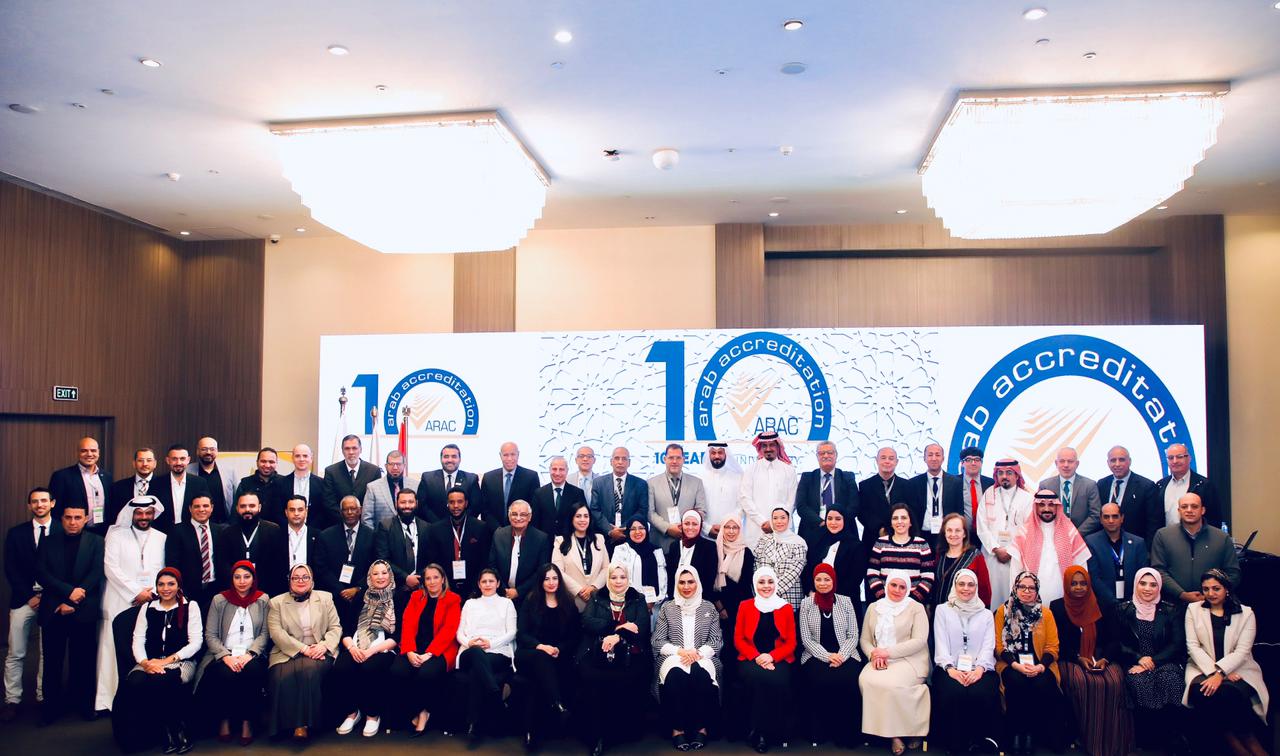
I. ARAC MLA Signatories
Following the latest ARAC MLA Group decision ARAC has 5 MLA signatories as the following:

II. ARAC 10th Annual meetings:
After much planning, ARAC has held very successfully its 10th Annual Meetings in Cairo, Egypt, from 04th to 8th December 2022 hosted by the Egyptian Accreditation Council [EGAC]. The schedule for these meetings was exceptionally busy and particularly so given the significant number of Committees & Working Groups meetings and events such as the 2nd ARAC community stakeholders workshop, the celebration of ARAC 10th anniversary and the capacity building activities that included Regional training workshops on Remote Assessments/Peer Evaluations using the Augmented Reality Glasses and the key documents/records to prepare for the ARAC Peer Evaluation process.
Significant achievements were made at these meetings including the approval of the ARAC new strategy covering the period 2023-2025 and the decision to extend the ARAC MLA structure to include Proficiency Testing Providers, Reference Material Producers & Biobanking (all level 2) and Medical Devices Management System (MDMS), Information Security Management Systems (ISMS), Occupational Health & Safety Management Systems (OH&S MS) and Educational Organizations Management Systems (EOMS) (at level 4).
III. ARAC Stakeholders Community Workshop in Egypt:
The awareness stakeholder workshop was conducted on 05th December 2022 with more than 150 participants from the ARAC stakeholder community representing the conformity assessment bodies, regulatory authorities, industry & trade associations and consumer associations in Egypt.
During this workshop, the participants stressed the role that ARAC plays in the development of the accreditation and conformity assessment infrastructure in Egypt. The aim of this workshop was for stakeholders in Egypt to have a better understanding of the value of accreditation and accredited services, and in particular, for regulators to recognize and accept accredited conformity assessment results covered under the ILAC MRA, IAF MLA and ARAC MLA.
IV. ARAC New Strategy 2023-2025
ARAC members have adopted a new ARAC strategy to guide ARAC work through the period 2023-2025 with a new vision “The leading accreditation group facilitating regional and global trade and supporting sustainable development”. It is based on the 4 pillars: International recognition, Operational excellence, Cooperation & Partnership and Capabilities Development. The main objective is to strengthen all interested parties’ confidence in accreditation and enhance ARAC into a professional, efficient service provider serving the ARAC Accreditation Bodies’ Members and stakeholders.
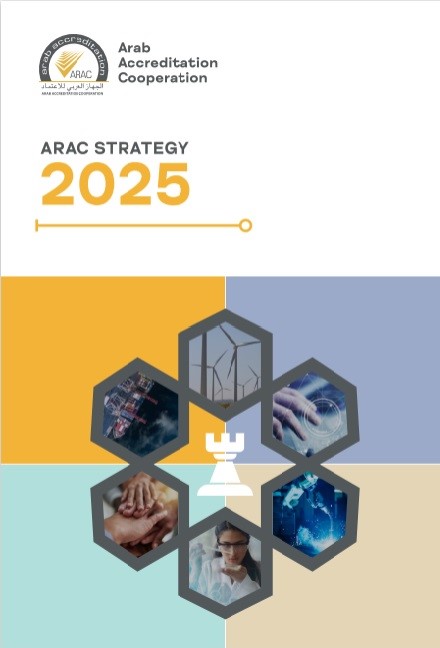
CoverPage_ARAC Strategy2025
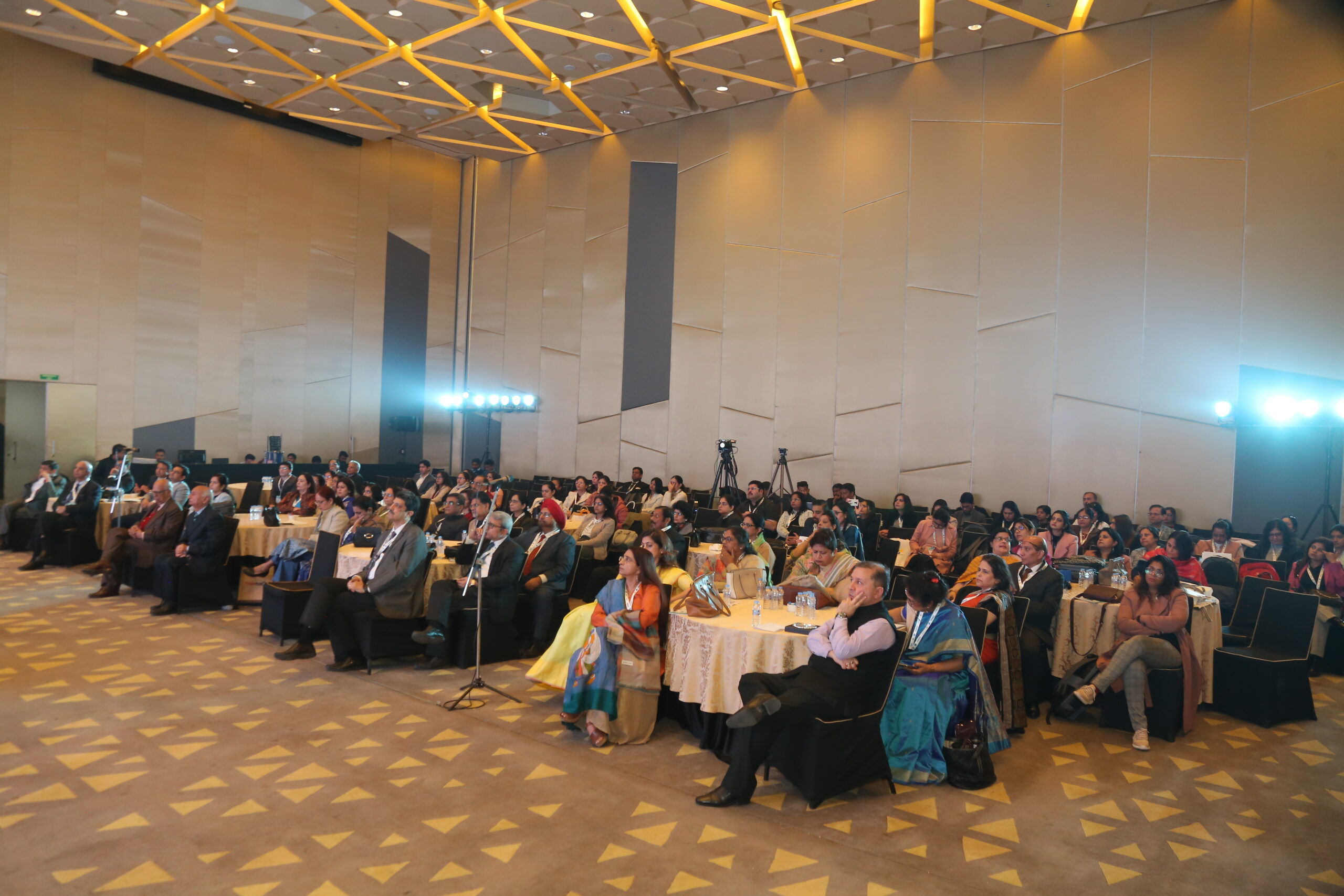
PATHCON & LAB EXPO 2022, an Annual Conference of the Association of Practising Pathologists, was held on the 17th and 18th of December 2022 at Hotel Taj Vivanta in New Delhi, India. Spread over two days, this unique pathology conference was organized in a hybrid mode.
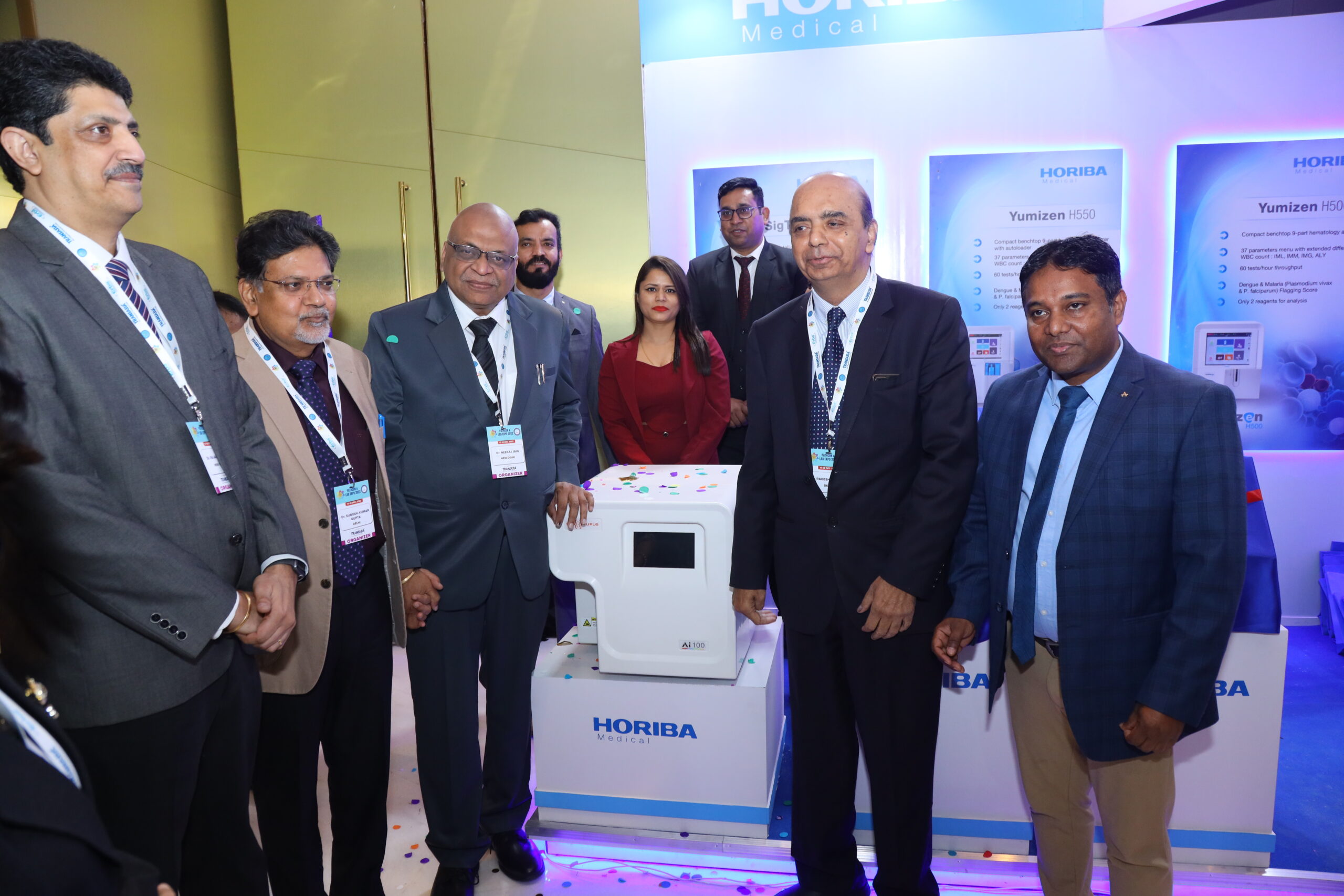
This conference was attended by 623 delegates from all over the country who participated in 12 workshops and presentations by 52 faculty members. The organizing committee conducted all the sessions and workshops on the 17th. Simultaneously young and upcoming pathologists presented 120 oral papers and 132 posters that day, while on the 18th of December, senior pathologists shared their experiences in the form of exciting presentations. The discussion and deliberations covered various pathology topics, including advances in molecular diagnostics, haematology, oncology, and clinical biochemistry. They were valuable and relevant to the association members and delegates, including many postgraduate students.
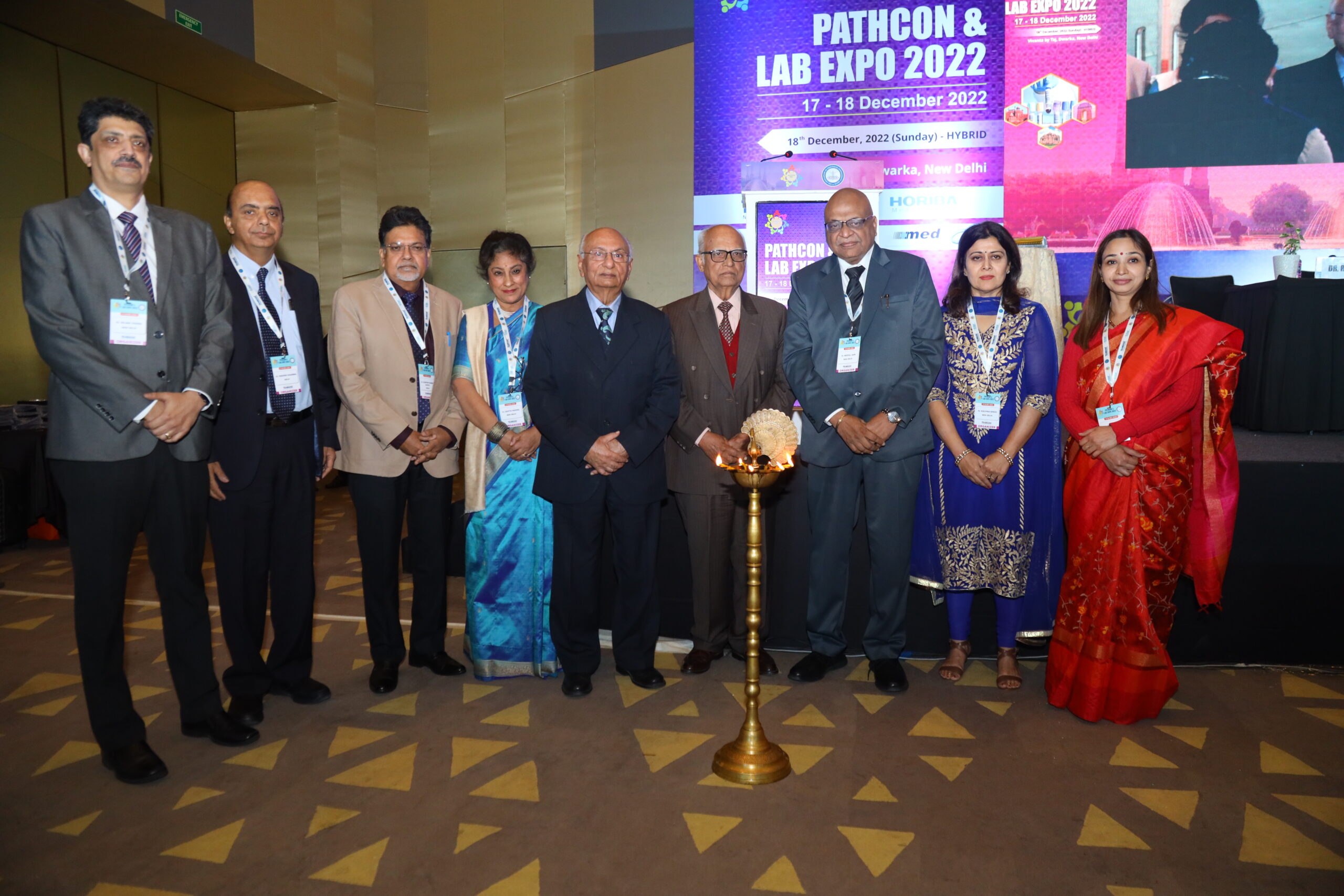
One highlight of the conference was the keynote address by Dr Neeraj Jain, President of the APP, who spoke about the role of quality in pathology. He emphasized the critical importance of various quality tools for more accurate diagnoses and improving patient outcomes. Another key theme of the conference was the importance of collaboration and interdisciplinary approaches in pathology research and practice. Speakers stressed the need for pathologists to work closely with clinicians, specialists in bio-informatics and other healthcare professionals to ensure that pathology contributes to the delivery of precision medicine. The President announced a new scheme for certification of compliance with standards defined by the association. He also announced the dates of quarterly meetings and the annual Pathcon & Lab Expo 2023.
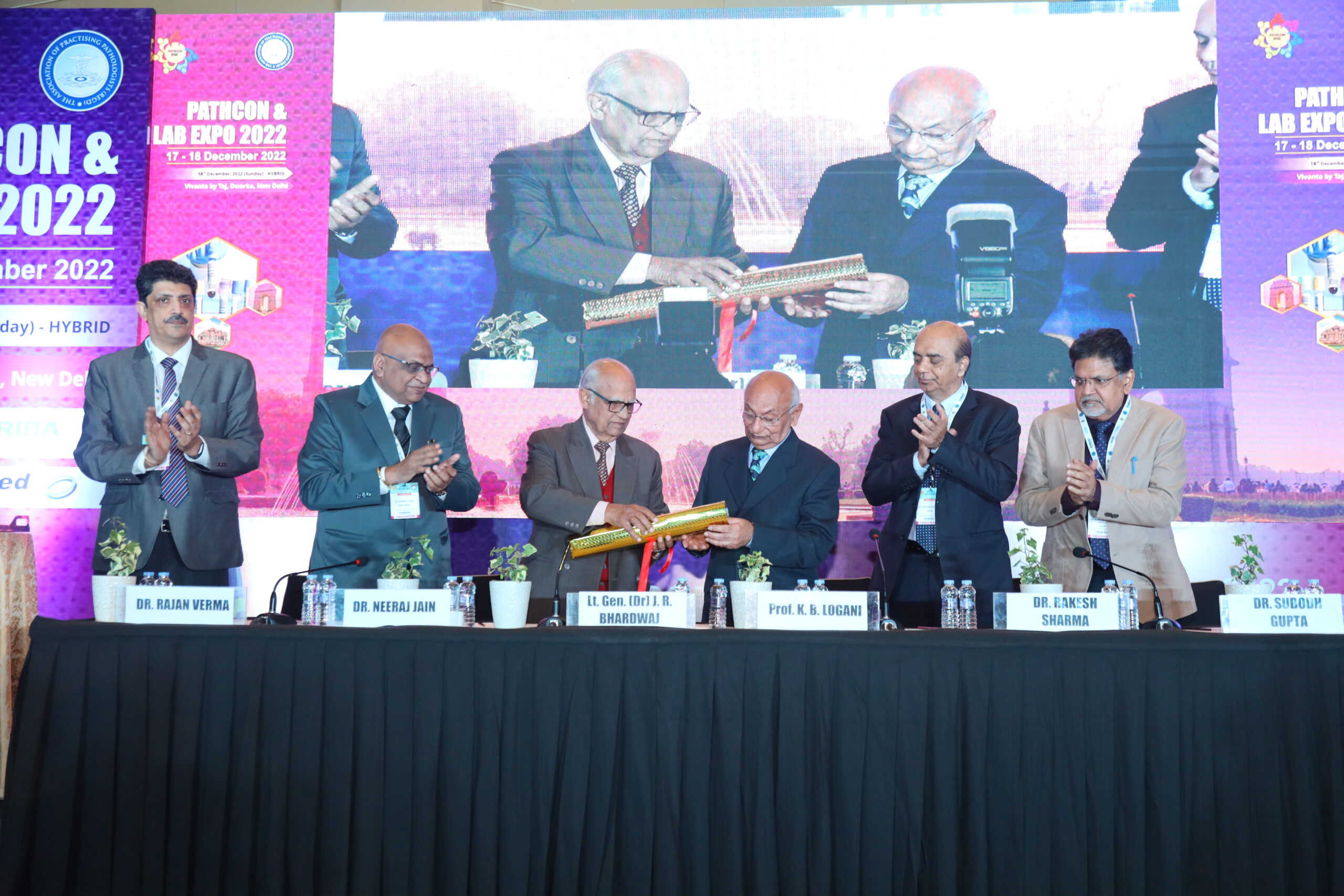
LAB EXPO 2022, the most sought-after medical laboratory exhibition in this part of India, is an integral part of PATHCON. Almost all industry partners showcase their latest laboratory equipment, devices, and technologies used in the medical field. As a result, attendees can expect to see a range of innovative laboratory tools, such as microscopes, scanners, centrifuges, auto analyzers, and other diagnostic devices. In addition, exhibitors also showcased various software solutions for data management, lab automation, and quality control. Apart from the equipment, the Lab Expo provided an opportunity to attend seminars and workshops presented by industry experts, offering attendees a chance to update their knowledge on recent developments and techniques in the field. Lab Expo also provided an opportunity to exchange knowledge and ideas and create an interface between laboratory medicine professionals and the industry.
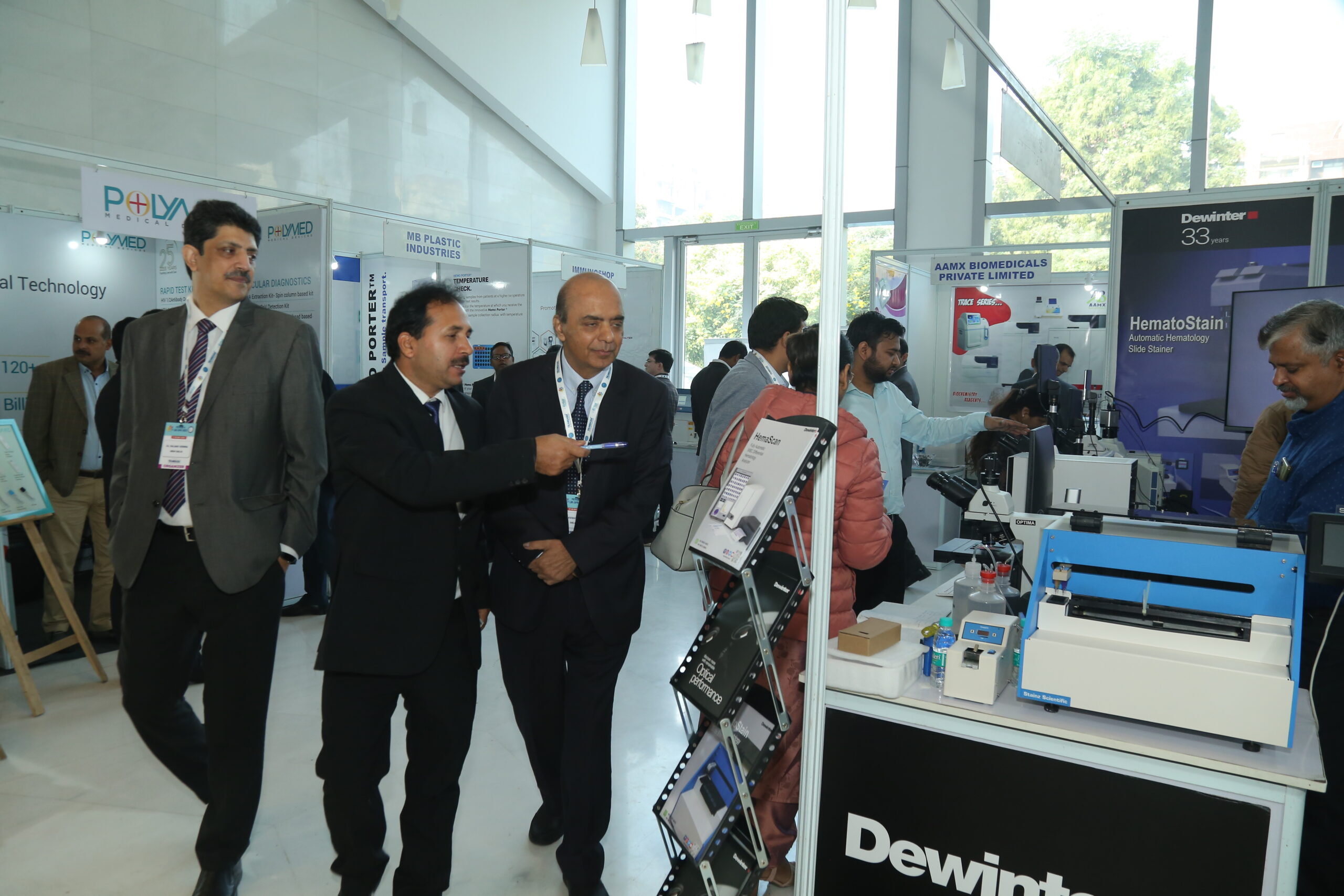
Overall, this Pathcon and Lab Expo 2022 was a grand success and provided an excellent opportunity for members of the association and delegates to be updated on the latest trends and advancements in medical laboratory technology.
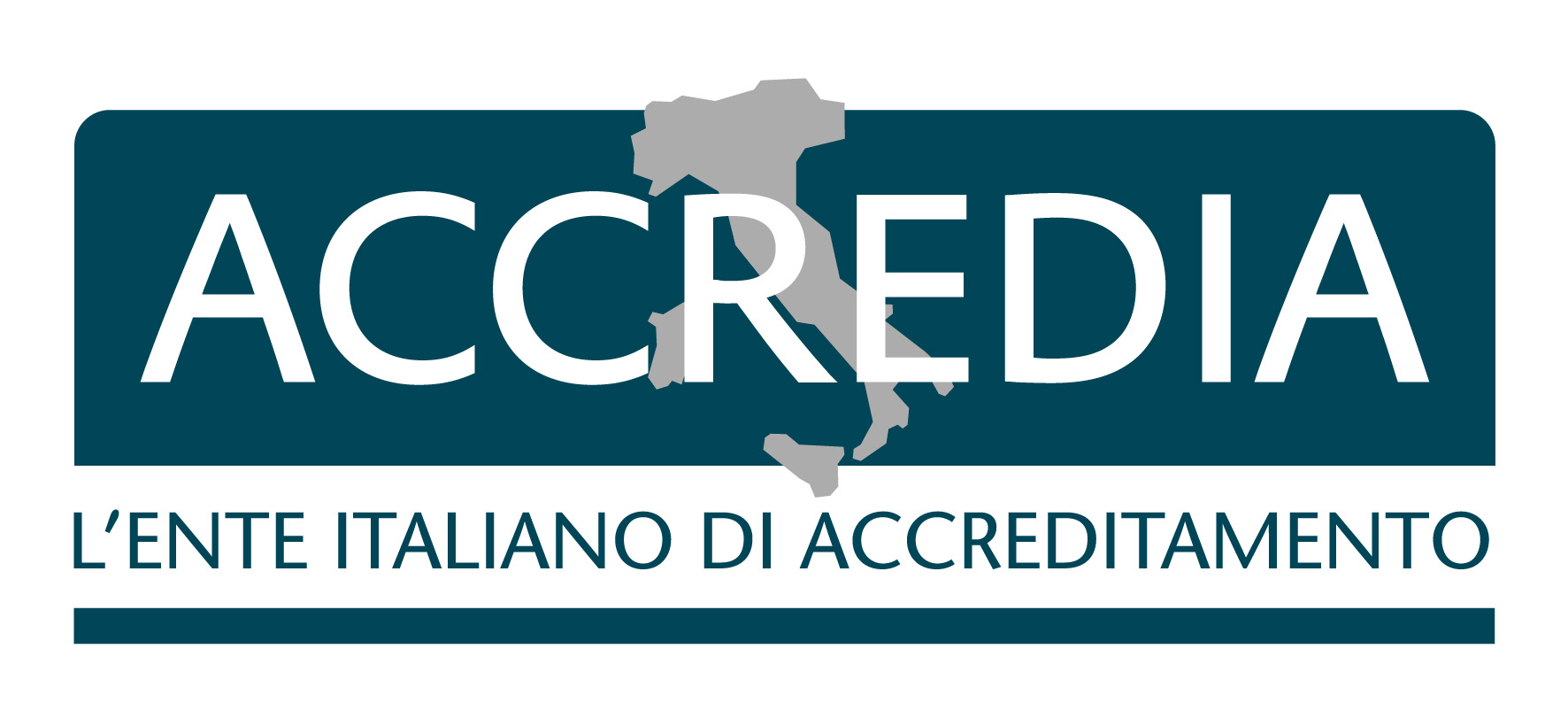
An important step forward in the fight against cancer in Italy was taken with the accreditation of the first structures for prevention and treatment of oncological diseases. The medical laboratories of the IRCSS Oncological Reference Center – Department of Research and Advanced Cancer Diagnostics in Aviano (province of Pordenone) and of the University Hospital of Padua UOC Pediatric Oncohematology have been accredited by Accredia, the Italian Accreditation Body, according to the international standard ISO 15189 “Medical laboratories – Requirements for quality and competence”.
This is the first case of accreditation in Italy of two structures entirely dedicated to medical analysis for the prevention, diagnosis, treatment and rehabilitation of oncological diseases. To issue the accreditation, Accredia verified the competence of the laboratories to conduct the tests following the requirements defined in the ISO standard. These checks are repeated periodically to ensure that the requirements are maintained over time.
Accreditation according to ISO 15189 ensures quality laboratory medical care in line with a standard of excellence that brings together the best rules defined at an international level, recognized and adopted throughout the world, for the benefit of both patients and healthcare professionals. Laboratory medicine is of increasingly central importance within the system of prevention, diagnosis, monitoring and guidance of therapies, including oncological ones. It is estimated that today about 80% of clinical decisions are based on tests performed by medical laboratories.
The standard provides for the verification, both in terms of conformity of the management system and of technical adequacy of the laboratory, of all the processes involved in the conduct of the accredited tests, including personnel competence, appropriateness of the tests, sampling and transport of samples, work environment, metrological traceability of results, quality assurance, interpretation of test results by medical staff and communication of the outcome to the patient.
The attestation issued by Accredia flanks, without replacing it, the so-called institutional accreditation of the National Health Service, and is a complementary tool, aimed at improving health services and the efficiency of the medical laboratory, and ensuring that the results of the analyses are reliable, with the aim of protecting public health and offering the community safe and quality healthcare.
In particular, the accreditation of the laboratory of the Oncological Reference Center of Aviano includes tests concerning the therapeutic monitoring of oncolytic drugs, the research into mutations and somatic rearrangements, genetic tests for mutations and germline polymorphisms.
The Pediatric Oncohematology Laboratory of Padua accreditation includes research regarding the main genetic-molecular lesions associated with leukemia, such as NOTCH1 and FBXW7 mutations, the t(8;14) and t(2;5) translocations. The accreditation also covers the screening for research into Soft Tissue Sarcomas and the mutagenic analysis with the NGS system and Sanger sequencing.
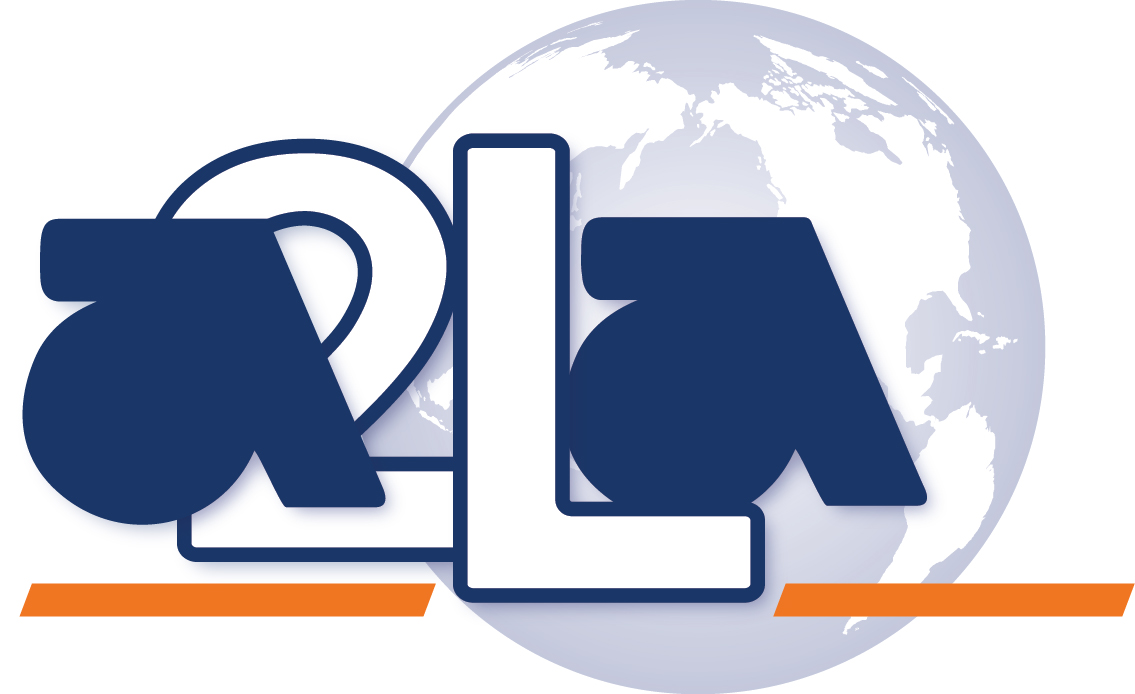
Cybersecurity Program Manager Ashley Kamauf has been selected as one of only two people from the United States to represent the American National Standards Institute (ANSI) for the ISO/IEC 17020 Revisions Working Group
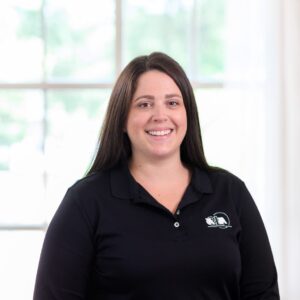
Ashley-Kamauf
ISO/CASCO made the decision to revise ISO/IEC 17020 in December of 2022. Over the past few years, similar standards have been revised, and in order to more closely align with those standards, ISO/IEC 17020 will be revised as well. The updated standard will incorporate revisions determined by the working group, as well as items from the ILAC P15 publication.
A2LA’s Cybersecurity Program Manager Ashley Kamauf has been selected as one of only two people from the United States to represent the American National Standards Institute (ANSI) for the ISO/IEC 17020 Revision Working Group. Kamauf was nominated for the working group by Trace McInturff, A2LA’s Vice President of Accreditation Services and she was selected based on her extensive knowledge of the standard and pain points for organizations in the industry.
“I am very excited to participate in the working group and have the opportunity to impact the trajectory of the standard moving forward,” said Kamauf. “I believe my experience with both training and managing many different types of inspection bodies will be beneficial to the group in achieving our goals.”
ISO/IEC 17020 Working Group meetings will take place in Geneva, Switzerland, and the group will take up to three years to create, finalize, approve, and publish the revised standard.
“A2LA is very pleased that Ashley has been selected by ANSI as one of the United States experts to participate on the newly created ISO/IEC 17020 Working Group,” said Trace McInturff, Vice President, Accreditation Services. “Ashley brings a wealth of inspection expertise to the working group and we are happy to be able to support ISO/CASCO in this very critical activity.”
For more information about A2LA’s ISO/IEC 17020 Inspection Body Program, visit https://a2la.org/accreditation/inspection-body/.
Media Contact: Wallis Shamieh; wshamieh@a2la.org; 301-644-3230
A2LA is a non-profit, non-governmental, third-party accreditation body, offering internationally recognized accreditation services to testing and calibration laboratories, inspection bodies, biobanking facilities, stand-alone sampling organizations, proficiency testing providers, reference material producers, and product certifiers. For more information, visit https://a2la.org/.

June 9th 2023 marks World Accreditation Day (#WAD2023), a global initiative established by ILAC and IAF to promote the value of accreditation.
IAF and ILAC celebrate World Accreditation Day (WAD) with our members, partners, stakeholders and users of conformity assessment. The theme for WAD 2023 is:
Accreditation: Supporting the Future of Global Trade
This theme will showcase how accreditation and accredited conformity assessment activities support the ongoing global supply chain restructuring that continues to be a source of trade normalization as organisations seek new markets and investment opportunities to build resilient and flexible supply chains. This is likely to reinforce long-term growth in multilateral and bilateral trade relationships and augment the value of the ILAC/IAF mutual recognition arrangements in promoting greater supply chain efficiency and resilience.
This year’s theme, Accreditation: Supporting the Future of Global Trade also focuses on how accreditation supports the United Nations Sustainable Development Goals (SDGs) 1, 2, 3, 5, 8, 9, 10, 14, and 17.
IAF and ILAC will be releasing a joint statement by the IAF and ILAC Chairs, a brochure and a video along with the already published poster for use in celebrations. In addition, a virtual event will be hosted by IAF and ILAC on 9th June. Case studies and research on benefits that accreditation can provide in support of this theme are available on the Public Sector Assurance and Business Benefits websites.
We encourage everyone to celebrate with us online using the hashtag #WAD2023, to attend our virtual event and to contact your local accreditation body for further details on local media and online seminars and programs they may be organising. A list of IAF Members is available here, and a list of ILAC Members is available here.

The Republic of Kazakhstan is a young state in Central Asia with a little over 30 years of independent history. Located in the very center of the Eurasian continent, surrounded by major geopolitical players, our country strives to constantly improve its competitiveness, and above all, in the economy and trade. Our state considers accreditation as one of the main tools for achieving success. National Center for Accreditation (NCA) – a state accreditation body under the Ministry of Trade and Integration of Kazakhstan – does not stop at assessing the already traditional for the country, scopes of accreditation, and is constantly introducing new schemes into its work. One of them is biobanking.
The term “Biobank” came into use by scientists and entrepreneurs in Kazakhstan not so long ago. The development in Kazakhstan of such promising areas such as plant and livestock breeding, transplantation and transfusion, treatment of genetically determined diseases and many others turned out to be impossible without biobanks – specialized repositories for the organized collection, labeling, processing, storage and analysis of samples of biological materials and related data for scientific and biomedical research.
Not every repository of biological materials can be called a biobank. Specially selected collections of plants and animals or their biomaterials, including samples taken from humans, can be used in research and clinical care only under sufficiently stringent conditions for any manipulation with them.
The scope of biobanking in Kazakhstan has changed a lot over the past thirty years. It began with small, mostly university repositories that were created for research and specific projects needs. Gradually, institutional and state-supported repositories, commercial biological repositories, population and virtual biobanks have developed.
However, a real breakthrough in the history of biobanking began with the development and adoption of the international standard ISO 20387 “Biotechnology — Biobanking — General requirements for biobanking”. The standard was created to build confidence in biobanking. It establishes requirements that allows biobanks to demonstrate high competence in their work and the ability to provide biological material and the related data of an appropriate quality, which in turn, will ensure a high level of research, development or services.
Since 2020, the National Center for Accreditation of Kazakhstan has been working actively on the implementation of biobank accreditation schemes. As part of the promotion of the ISO 20387 standard, NCA specialists have held webinars with the involvement of a foreign lecturer for the target audience of scientists, animal breeders and medical workers. As well as training for biobank staff and seminars for university teachers and students in order to build the capacity of technical experts.
The National Center for Accreditation of Kazakhstan has published a video and posts, articles and interviews are regularly released on the official website and social networks on the development of biobanking.
NCA specialists have received theoretical and practical training and visited accredited biobanks in countries such as South Korea and India. On the basis of the skills and knowledge acquired, three specialists have been awarded the title of expert bio-banking auditors. NCA’s procedural documents have been amended to ensure that we are ready to accept applications for the initial accreditation of biobanks.
Biobanks in Kazakhstan have shown particular interest in the standard. Today, about 2-3 potential applicants in our country are preparing for accreditation. Accreditation is seen as a good motivation for biobank staff. Accreditation will contribute to positioning the biobank as an organization that complies with all the requirements established by the standard for proper record keeping, clinical and diagnostic control, implementation of appropriate management of material resources and personnel, maintaining feedback with consumers, monitoring quality, ensuring the effectiveness of services provided and taking into account the opinions of patients.
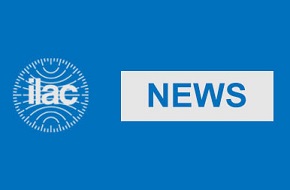
As a result of the recent ILAC Arrangement Council ballot, the continuation of the recognition for the Arab Accreditation Cooperation (ARAC) as a recognised regional cooperation body of ILAC has been confirmed. The endorsed AMC recommendation is shown below:
The ILAC AMC recommends that the scope of recognition of the ARAC MLA to the ILAC MRA be:
It is recommended that the next re-evaluation of ARAC is scheduled to begin no later than September 2024.
Information on the recognised regions including ARAC to the ILAC MRA is available from https://ilac.org/ilac-mra-and-signatories/recognised-regional-cooperation-bodies/
We look forward to continuing to work with our colleagues from ARAC.